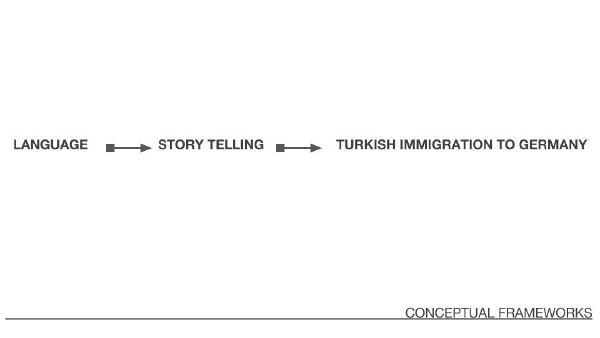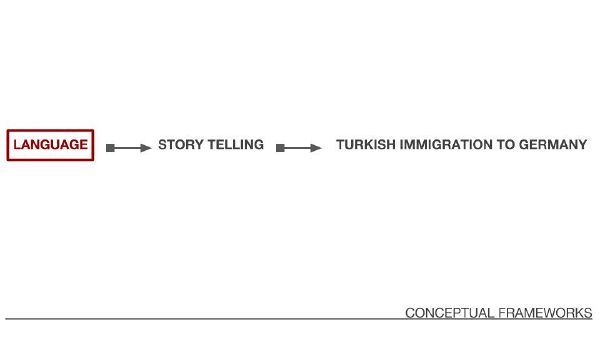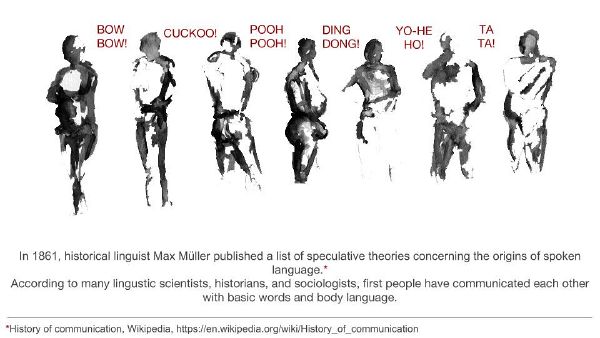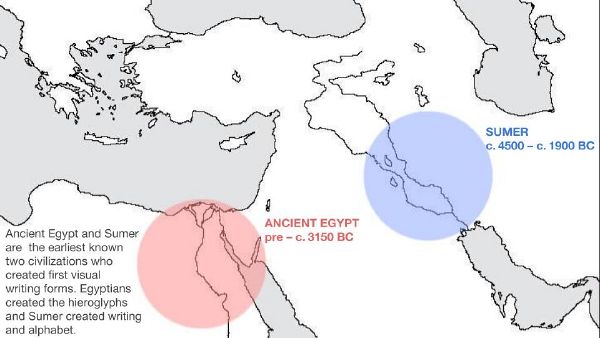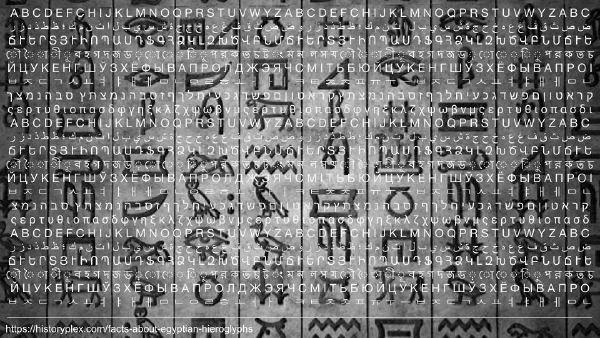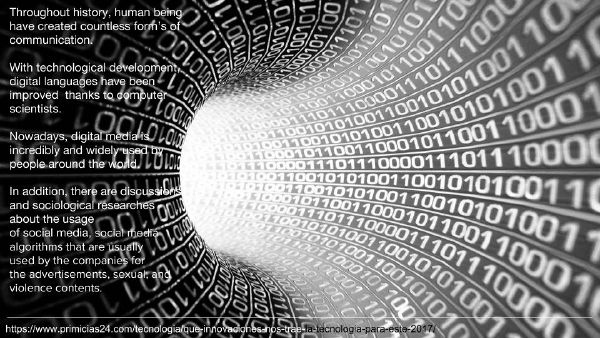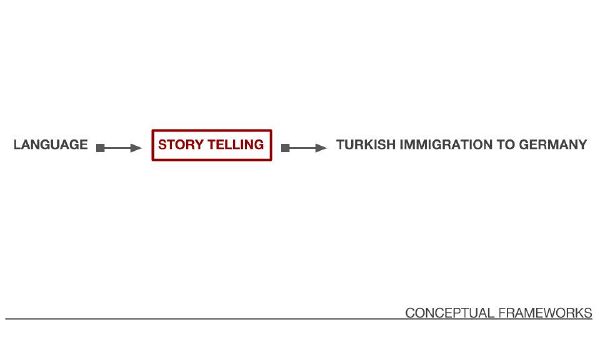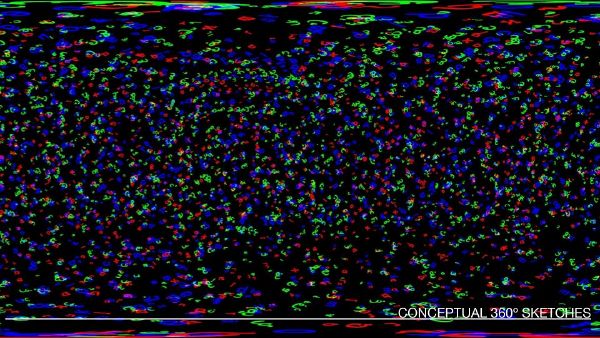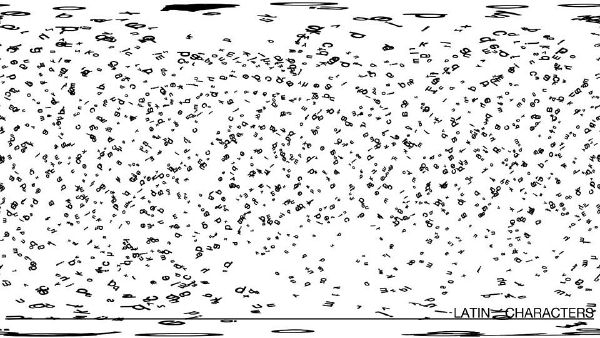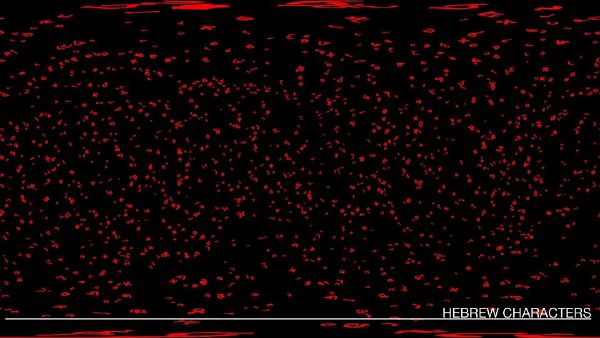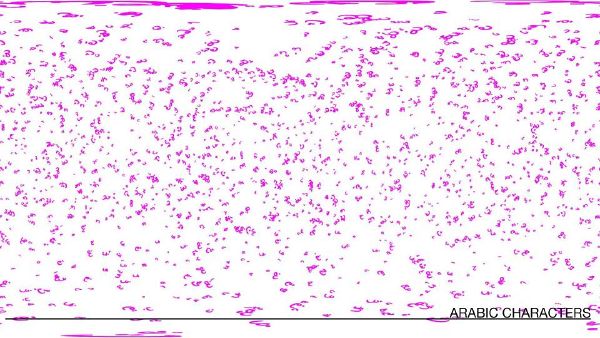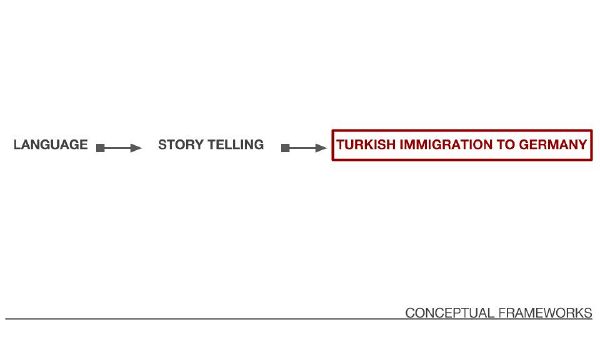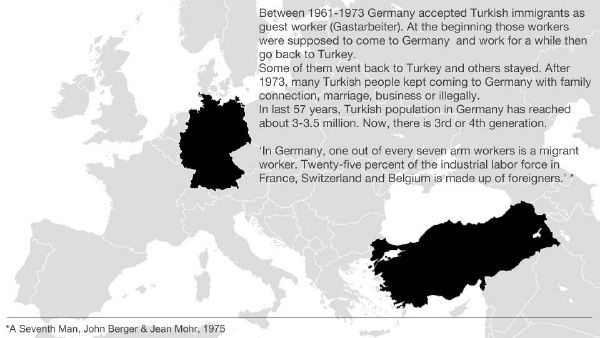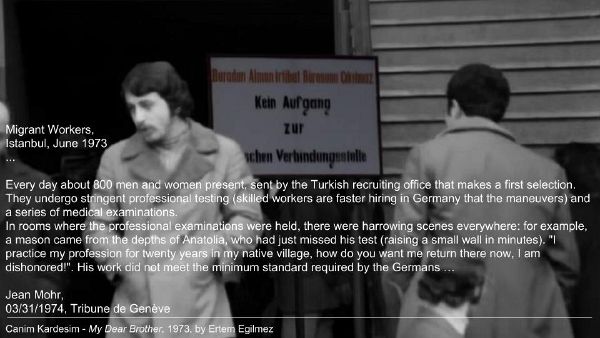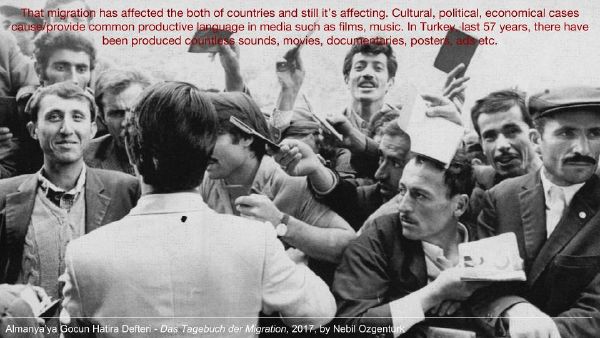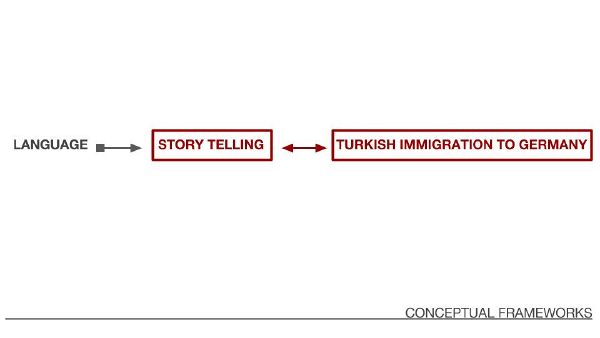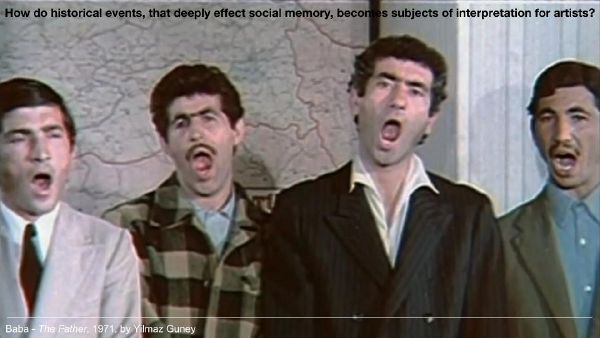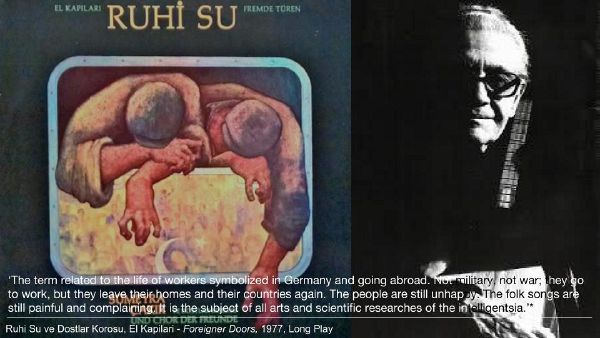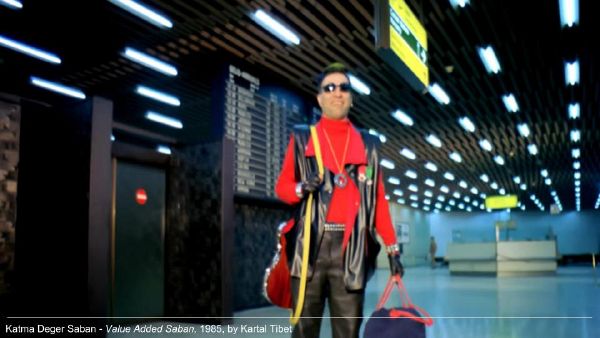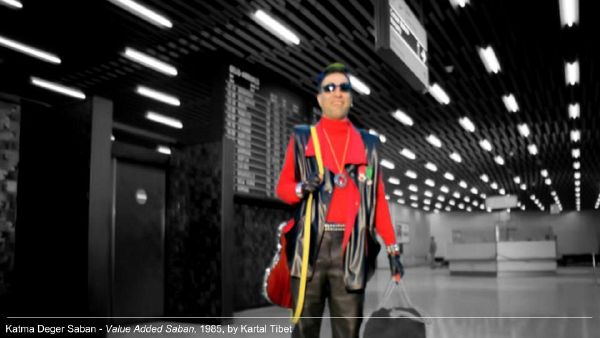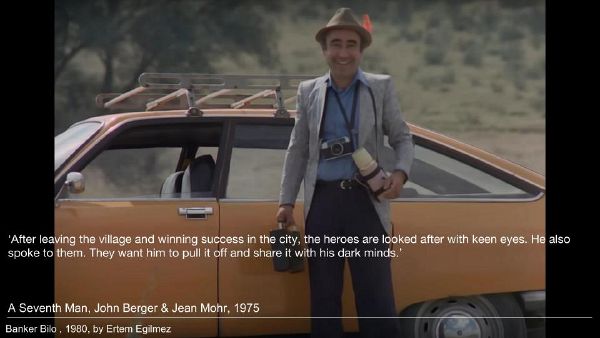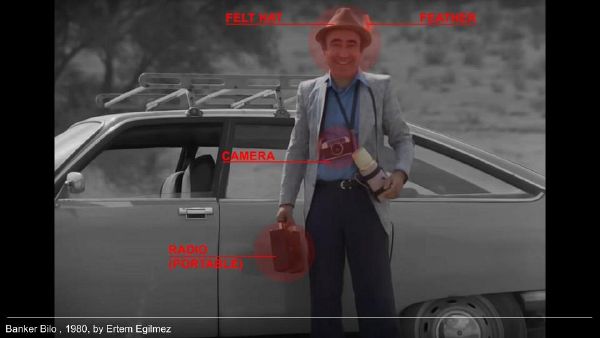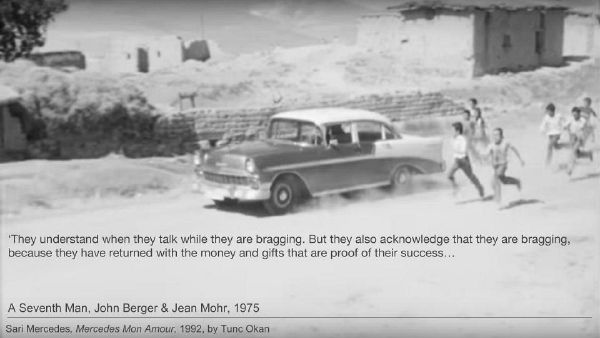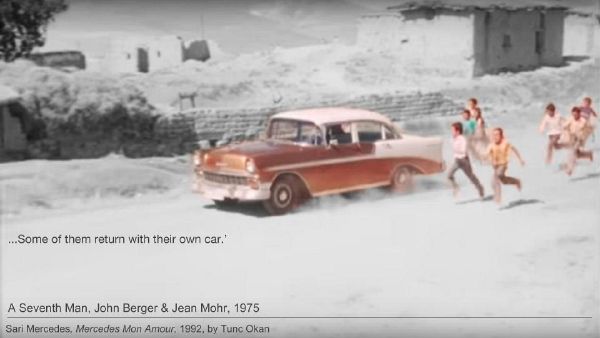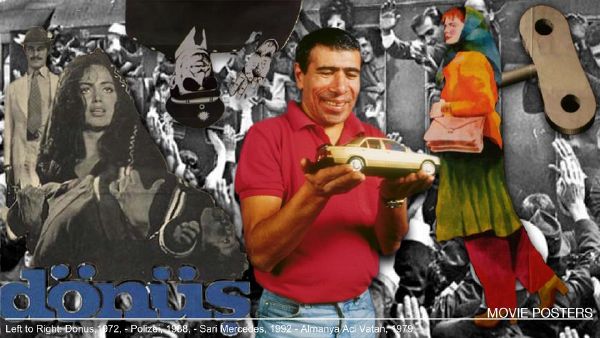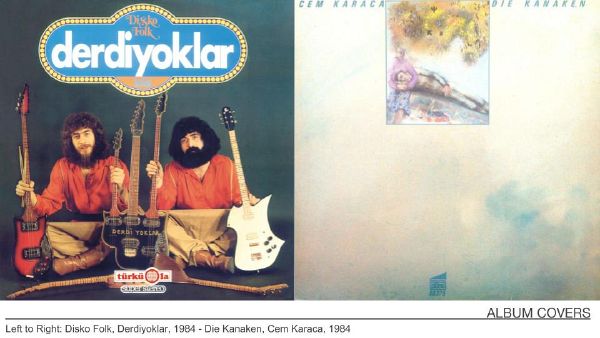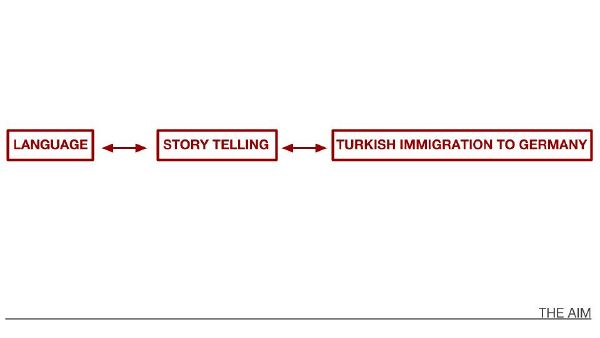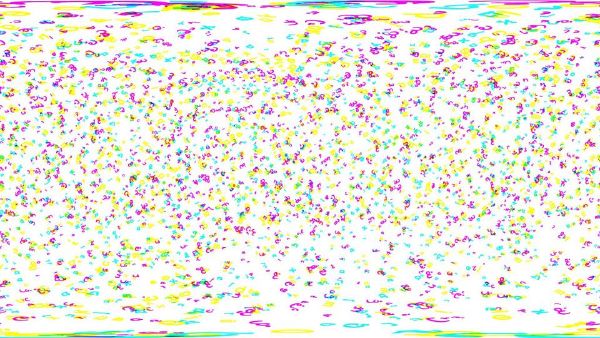| Line 43: | Line 43: | ||
<br style="clear:both;"> | <br style="clear:both;"> | ||
<br> | <br> | ||
Turkish immigration to Germany | |||
[[Image:12-Körper Raum Stadt.jpg|600px|thumb|left]]<br> | [[Image:12-Körper Raum Stadt.jpg|600px|thumb|left]]<br> | ||
<br style="clear:both;"> | <br style="clear:both;"> | ||
Revision as of 18:03, 3 May 2018
IMMERSIVE NARRATIVE INSTALLATION IN VR ENVIRONMENT
Conceptual Frameworks
Language
In 1861, historical linguist Max Müller published a list of speculative theories concerning the origins of spoken language. According to many lingustic scientists, historians, and sociologists, first people have communicated each other with basic words and body language.
Ancient Egypt and Sumer are the earliest known two civilizations who created first visual writing forms. Egyptians created the hieroglyphs and Sumer created writing and alphabet.
Throughout history, human being have created countless form’s of communication. With technological development, digital languages have been improved thanks to computer scientists. Nowadays, digital media is incredibly and widely used by people around the world. In addition, there are discussions and sociological researchs about the usage of social media, social media algorithms that are usually used by the companies for the advertisements, sexual, and violence contents.
Storytelling
360º 3d visual sketches about first idea. Each image was created with about 5000 characters in Latin, Arabic, and Hebrew alphabets.
Turkish immigration to Germany
Between 1961-1973 Germany accepted Turkish immigrants as guest worker (Gastarbeiter). At the beginning those workers were supposed to come to Germany and work for a while then go back to Turkey. Some of them went back to Turkey and others stayed. After 1973, many Turkish people kept coming to Germany with family connection, marriage, business or illegally. In last 57 years, Turkish population in Germany has reached about 3-3.5 million. Now, there is 3rd or 4th generation. ‘In Germany, one out of every seven arm workers is a migrant worker. Twenty-five percent of the industrial labor force in France, Switzerland and Belgium is made up of foreigners.’ *
THE AIM
Since the beginning of the Turkish immigration to Germany, in 1961, societies have been affected directly and indirectly. Besides language, art, design, and daily behaviours from both cultures, have influenced one another. Those interactions reflect on cinema, music, literature, graphic design, poetry etc.
The immigration has been discussed as a subject in great numbers of Turkish movies, poetry, music etc. Some of those Turkish movies, from 60s, 70s, and 80s, portray an unfair and absurdist view of Turkey. By creating dramatic and exaggerated realities of the Turkish culture, and the opposite of a German one.
PURPOSE
The target of this project is to design an immersive narrative space using the letters in different languages. Documenting and transferring the examples of the Turks' migration to Germany and exhibiting them in an interactive form in the VR environment.
